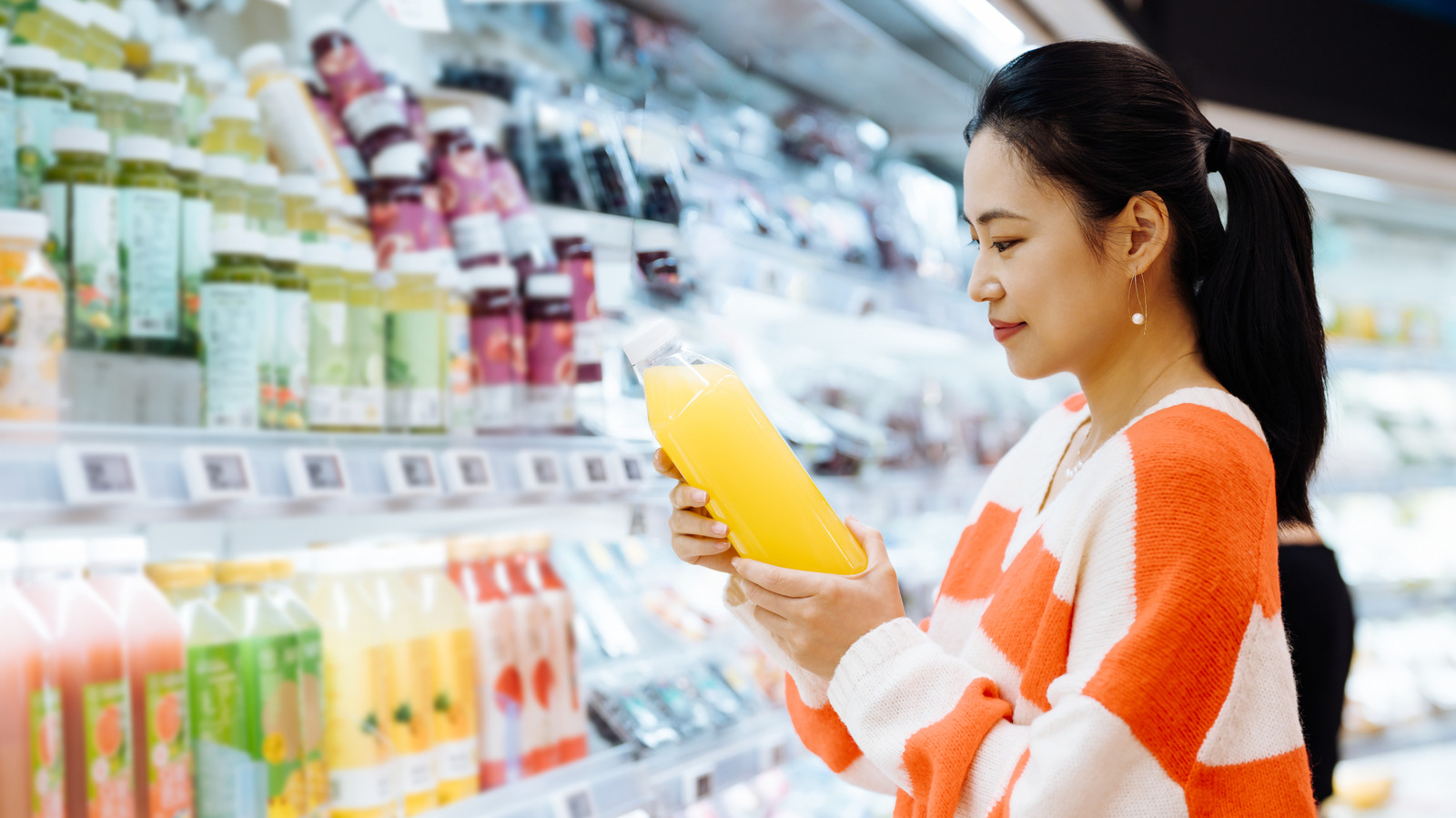
"Imagine a drink that just ... does more. Functional beverages go further than basic hydration; these cups and cans might alter moods, repair muscles, or enhance focus. Each brand has carefully concocted ingredients, commonly including supplements like magnesium and ashwagandha. Risen from health-conscious consumer demands, it's drinkable wellness - marketed and packaged as specific solutions (aka "functions") in a cup. Who'd have guessed the drinks aisle would become the best spot in the grocery store?"
"Interestingly, just about any beverage can go functional: from teas to tonics, the drink is simply a vessel for supplements and enhancers. For instance, healthy energy drinks you can find in any grocery store include stress-reducing Rebbl Maca Cold-Brew Coffee and brain-boosting Neurosonic. Companies are also upgrading non-alcoholic beverages with functional elements. Take Sentia, for instance. Its products enhance the neurotransmitter gamma-aminobutyric acid to get drinkers confidently woozy without actually becoming drunk."
"That's a big question for an increasingly saturated market. In theory, functional beverages have a legal duty to perform what they claim on the label, but there have been controversies. In July 2025, a U.K.-based company, Trip, was forced to remove an advert for unauthorized claims around preventing anxiety. In 2024, a U.S.-founded company, Poppi, was sued for misleading advertising, criticized on the basis that consumers would need to drink four cans per day to note any significant benefit."
Functional beverages combine common drink formats with concentrated supplements and botanicals to target specific outcomes such as mood alteration, muscle repair, enhanced focus, sleep aid, or stress reduction. Brands use ingredients like magnesium, ashwagandha, maca, and GABA analogs to create purpose-driven products across teas, tonics, cold-brew coffees, energy drinks, and nonalcoholic alternatives. Marketing positions these products as drinkable wellness solutions sold as discrete 'functions' in a cup. Research on efficacy and optimal dosages remains limited, and the sector has faced regulatory and legal challenges over unauthorized or misleading claims and required intake levels for benefits.
Read at Tasting Table
Unable to calculate read time
Collection
[
|
...
]